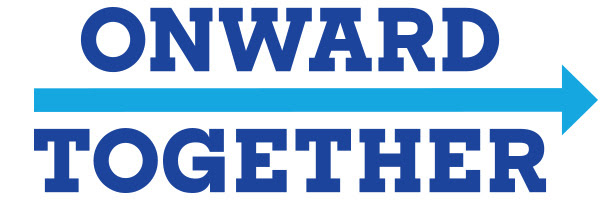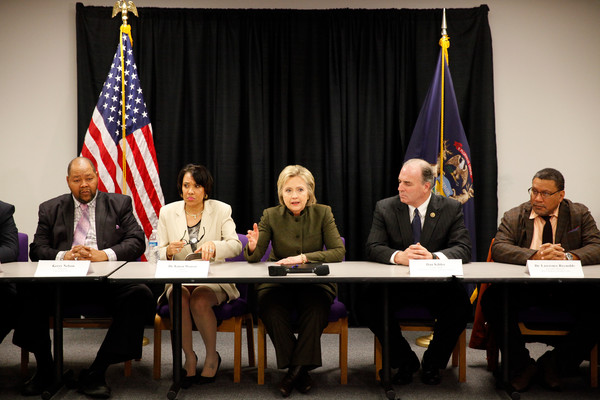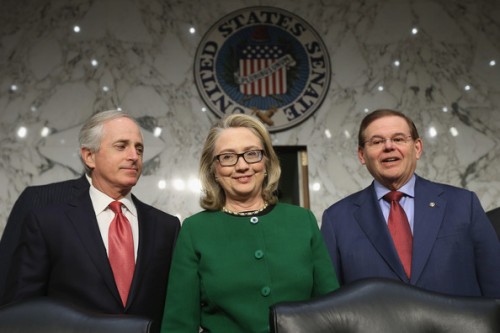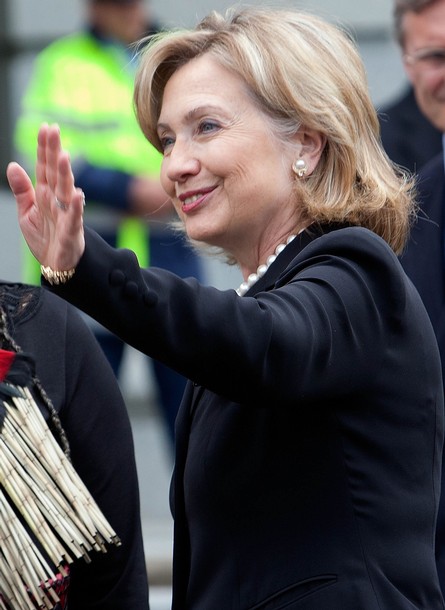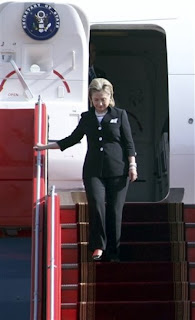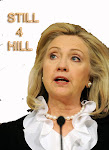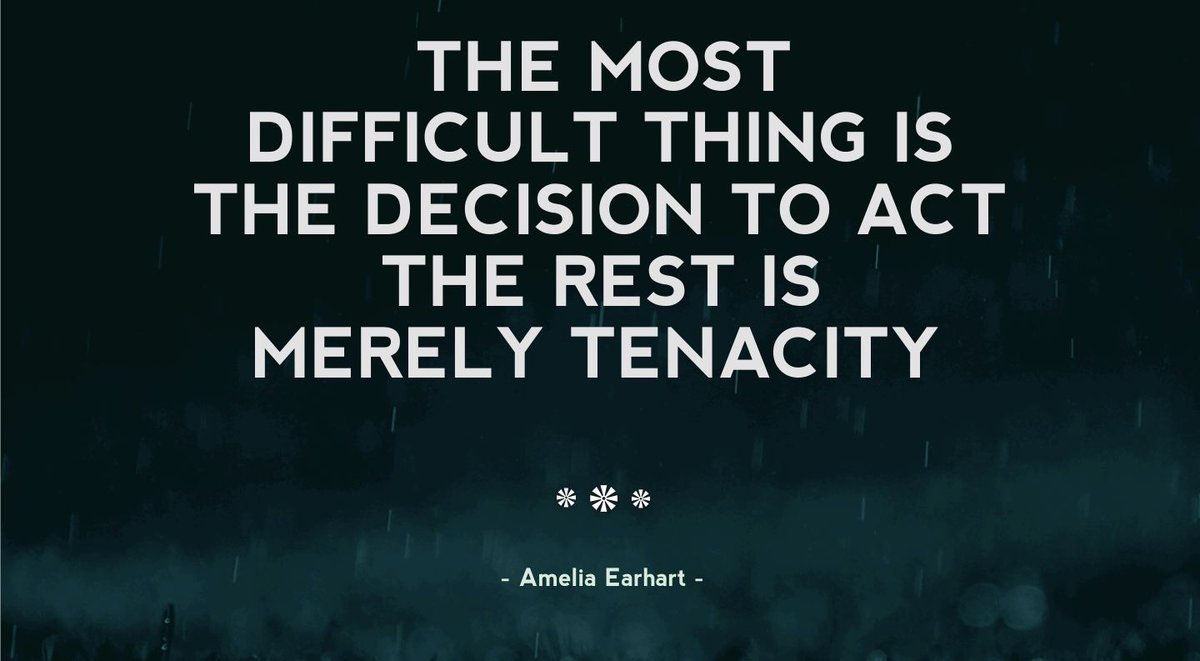Vodpod videos no longer available.
Press Availability on Libya
Press Availability
Hillary Rodham Clinton
Secretary of StateChief of Mission ResidenceParis, FranceSeptember 1, 2011
SECRETARY CLINTON: Well, this is my ninth trip to discuss the current crisis in Libya, and each time I have urged that our partners stay focused on the ultimate objective of helping the Libyan people chart their way to a better future. And today, that future is within their reach. All of us are inspired by what is happening in Libya.
Six months ago, Libyans stood up to demand fundamental rights and freedom. And when Qadhafi met their peaceful protest with violence, the Libyan people refused to back down. While their struggle is not over, the Libyan people are taking back their country. Libya’s transformation is the – largely the result of their own courage and their resilience in the face of very difficult days. The sacrifice that the Libyan people have been willing to make in order to obtain freedom and dignity has been extraordinary.
But the United States and our international partners are also proud of our own contributions. When Qadhafi threatened Benghazi, we assembled an unprecedented coalition that included NATO and Arab countries, and acted quickly to prevent a massacre. We sought and won local, regional, and international support, including the backing of the UN and the Arab League. And after deploying our unique military capabilities at the outset, the United States played a key role in a genuinely shared effort as our allies stepped up. As time went on, our coalition grew even stronger.
Today, the international community must maintain the same sense of resolve and shared responsibility. We know from experience that winning a war is no guarantee of winning the peace that follows. That is why even as we sought to protect civilians and pressured Qadhafi to step down, we have supported the Libyans as they laid the groundwork for a transition to democracy that is just, inclusive, and sustainable.
What happens in the coming days will be critical, and the international community has to help the Libyan people get it right. First, as I told my counterparts earlier today, we need to continue NATO’s military mission as long as civilians remain under threat of attack. For the sake of the Libyan people, we have called on Qadhafi and those around him to recognize that their time is over and lay down their arms. And as the new Libyan authorities consolidate power, we will support their efforts to demobilize and integrate fighters into a single security force.
Second, we need to welcome Libya back into the community of nations. Nearly 70 countries so far have recognized the TNC, including 18 African nations, the Arab League, and now Russia. It is time for others to follow suit.
Third, we must continue to support the interim Libyan authority’s efforts to meet the needs of the Libyan people. The United States and our partners have worked through the United Nations to unfreeze billions of dollars in order for Libya to get access to their state assets to meet critical needs. I am pleased to announce that by the end of today, the United States expects to have delivered $700 million to help the TNC pay for fuel and civilian operating costs and salaries, with another 800 million on the way. We are working with the TNC to ensure that these funds are disbursed in a transparent, accountable manner. It must be clear to Libyans and to the world that this money is being used to serve the Libyan people.
Fourth, the international community, led by the United Nations, needs to help the Libyan people and their leaders pave a path to peaceful, inclusive democracy – one that banishes violence as a political tool and promotes tolerance and pluralism. After 42 years of Qadhafi’s rule, it is going to take time to build institutions, strengthen civil society, write a constitution, hold free and fair elections, and put in place an elected, legitimate Libyan government. We encourage the world’s democracies to offer expertise and technical assistance along the way.
As Libya’s leaders have emphasized repeatedly, Libya’s transition must proceed in a spirit of reconciliation and justice, not retribution or reprisal. Libyans must continue to stand against violence extremism and work with us to ensure that weapons from Qadhafi’s stockpiles do not threaten Libya or Libya’s neighbors or the world.
In fact, the international community will be watching and supporting Libya’s leaders as they keep their commitments to conduct an inclusive transition, act under the rule of law, and protect vulnerable populations. And that should include enshrining the rights of women as well as men in their new constitution.
A great deal of work lies ahead to build a stable, unified, and free Libya – a Libya that has never before existed in its modern history. The challenges may be formidable, but so is the progress we have already seen. We have stood with the Libyan people in their moment of need and we must continue to stand with them for the foreseeable future.
Finally, I want to say a few words about Syria. President Asad’s brutality against unarmed citizens has outraged the region, the world, and most importantly the Syrian people themselves. The Arab League, the GCC, the Jordanian and Egyptian governments have all condemned his abuses. And after repeated warnings, Turkey’s president announced that he too has lost confidence in Asad.
The violence must stop, and he needs to step aside. Syria must be allowed to move forward. Those who have joined us in this call must now translate our rhetoric into concrete actions to escalate the pressure on Asad and those around him, including strong new sanctions targeting Syria’s energy sector to deny the regime the revenues that fund its campaign of violence. The EU has already taken important steps, and I’m pleased to hear that more are on the way.
Just as we have done in Libya, we are also encouraging the Syrian opposition to set forth their own roadmap for a tolerant, inclusive, and democratic path forward, one that can bring together all Syrians, Christians, and Alawites. Everyone who lives in Syria today must be part of the new Syria that should be developed in the months ahead. The people of Syria, like people everywhere, deserve a government that respects their rights equally and without discrimination. Syria’s transition to democracy has already begun. It is time for President Asad to acknowledge that and step aside so the Syrian people themselves can decide their own future.
It is very heartening that this year, Tunisian, Egyptian, and Libyan families will celebrate Eid at a moment of promise. May this be a year when the tide of freedom and progress rises around the world. And I want to wish Muslims everywhere an Eid Mubarak.
And with that, I will take your questions.
MS. NULAND: We have time for (inaudible). The first question, CNN, Elise Labott.
QUESTION: Thank you, Madam Secretary. I was wondering if you could speak a little bit about what the Libyans spoke to you about what it is that they need, how the international community can help. And how do you envision a UN mission working towards this end? How quickly do you think one could get on the ground? And how do you see the UN working as a coordinator of international response?
SECRETARY CLINTON: Elise, I was very encouraged by the meeting today. I want to again commend President Sarkozy and Prime Minister Cameron for bringing us all together, along with Chairman Jalil and Prime Minister Jibril. I think that what we heard today was very promising, in that the TNC has specific requests that they wish to make to the international community. They did so in my bilateral meeting with them, and of course, they did so in the larger meeting as well.
What they are looking for is, number one, continuing support to ensure that the violence ends, that there can be no credible effort by Qadhafi and those still supporting him to continue wreaking violence against Libyans. And they were very clear in their request that the NATO role continue, and NATO, in turn, was very clear that it will maintain its presence over Libya until there is no longer a need to protect civilians from attacks or the threat of attacks.
And of course, NATO is also focused on trying to do all we can to protect Libya from Qadhafi and those troops that are still under his command. Secondly, the TNC was very clear that they need to have the funds that are Libyan state funds unfrozen and released to them as soon as possible. I’m very pleased that the United States was able to persuade the United Nations to lift the sanctions and to approve the release of $1.5 billion. That is being matched by hundreds of millions of dollars coming from others who have frozen assets within their borders. And now, we’ve got to do everything possible to make sure that the TNC has the resources it needs. There are a lot of humanitarian urgent needs that have to be met.
Thirdly, we want what they want – more recognition. As I said in my opening remarks, more than 70 nations have recognized the TNC, but we want to seat the TNC, representing Libya, in every international organization, including the United Nations. We’re pleased that the Arab League had introduced that resolution and that the TNC now represents Libya in the Arab League.
Fourth, I think it’s important that they requested assistance in all kinds of areas where they need expertise, whether it is ensuring that the financial mechanism they’re setting up has the level of accountability and transparency that is required, to helping them put together an impartial, independent police force, to helping them find ways to provide housing for Libyans who have been bombed out or had their homes destroyed or who will be coming back from having sought refuge elsewhere.
And I guess, finally, the Libyans were very responsive to the long list of ideas that were presented throughout the day. And I was impressed by their openness. And they still have a huge hill to climb here. They don’t yet have their whole country secure. But they are working with the international community to secure both chemical weapon stockpiles as well as conventional weapons. They are taking action against extremism wherever they find it.
So I guess in general, I would have to stay that today’s meeting validated the confidence that all the other nations around the table had placed in the TNC. And they were realistic about how much they have to do and how much they still face in the days ahead. But it was an excellent transition from the Contact Group, which dealt primarily with protecting civilians and ending the terror of the Qadhafi regime, to the reconstruction, rebuilding, transition period.
QUESTION: What about our UN mission, Madam Secretary?
SECRETARY CLINTON: I think the UN mission is going to be put together in an expeditious manner. Ban Ki-moon met with the TNC leadership at the larger meeting. He spoke about the kinds of assets the UN could bring. All of us support the UN taking the lead in the reconstruction and transition period ahead, so they’re going to be working through all the details of that. And importantly, countries are reopening embassies. The Italians reopened their embassy in Tripoli today and have a new ambassador named. I’m sending a team to Tripoli to check out our Embassy building and see what we need to do to be able to get our diplomatic presence at the highest level again.
So there was so much discussed and so many decisions that we ticked down. It was a worthwhile and productive day.
MS. NULAND: Last question (inaudible).
QUESTION: Hi, Madam Secretary. There’s a lot of anger on Capitol Hill and in the U.S. at large about Abdel Basset al-Megrahi, the fact that he’s still at large in Libya. We understand you brought the issue up with Libya’s new leaders. Could you tell us what you asked of them and how they responded?
SECRETARY CLINTON: Well, Nicole, first I want to underscore the fact that I share the anger. As you know, I represented New York for eight years. A lot of the people who were killed came from either Syracuse University or nearby in upstate New York. And as I have said many times, the United States categorically disagrees with the decision that was made two years ago by the Scottish executive to release al-Megrahi and return him to Libya. We have never wavered from our disagreement and condemnation of that decision. He should be behind bars. We have consistently extended our deepest sympathies to those families who have to live every day with the knowledge that they lost their loved ones, and they wanted justice to prevail, and we think justice was aborted.
So we will continue to pursue justice on behalf of the victims of this terrorist attack. The United States has kept open the case concerning the Lockerbie bombing. We have raised the investigation with the TNC. We’ve conveyed the importance that the United States places on this issue. We want more information, and we want to have access to those who might have been somehow involved in the planning or execution of the bombing.
We recognize the magnitude of all of the issues that the TNC is facing, and we know that they have to establish security, the rule of law, good governance. But at the same time, they’ve assured us that they understand the sensitivities surrounding this case, and they will give the matter the consideration it richly deserves at the earliest opportunity.
Thank you all.



